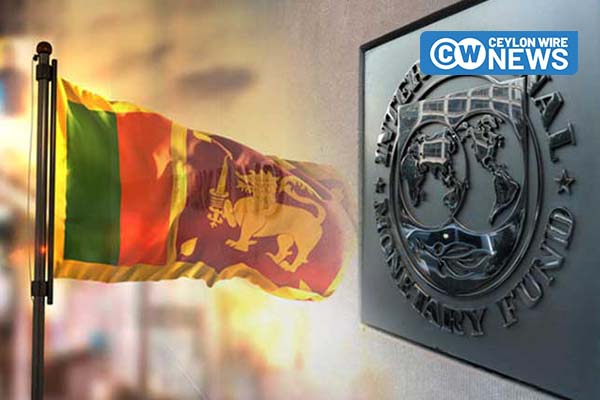The Finance Ministry has announced that a team of officials from the International Monetary Fund (IMF) will be arriving in Sri Lanka next week to assess the country’s economic progress. State Minister Shehan Semasinghe clarified that the visit, scheduled for the first quarter of 2024, is a routine staff visit rather than an assessment.
The team, set to engage in technical meetings, will also have a meeting with President Ranil Wickremesinghe during their stay in Colombo. Semasinghe emphasized that the primary purpose of the visit is to evaluate the progress made in the IMF-backed reform program. He clarified that it is not a formal assessment but a routine visit ahead of the upcoming review.
The second review under the 48-month Extended Fund Facility (EFF) arrangement is slated for March-April this year, focusing on the performance from July to December 2023. Following the completion of the first review in December 2023, the IMF emphasized the importance of Sri Lanka entering agreements with official and private creditors before the second review.
After the first review, Sri Lanka received disbursements totaling US $337 million, bringing the total IMF financial support to about US $670 million. The IMF, in December, commended Sri Lanka’s macroeconomic policy reforms, noting signs of stabilization in the economy, rapid disinflation, substantial fiscal adjustment based on revenue, and an increase in reserves.
Acknowledging satisfactory performance under the EFF-supported program, the IMF highlighted that all quantitative performance criteria for end-June were met, except for the one related to expenditure arrears. Several changes were made to Sri Lanka’s tax regime, particularly in the Value Added Tax (VAT), to meet the IMF’s tax revenue requirements.
The total amount of Sri Lanka’s EFF arrangement stands at about US $3 billion as of the program’s approval on March 20, 2023. This program aims to support Sri Lanka in restoring macroeconomic stability, ensuring debt sustainability, safeguarding financial stability, and implementing growth-oriented structural reforms.









